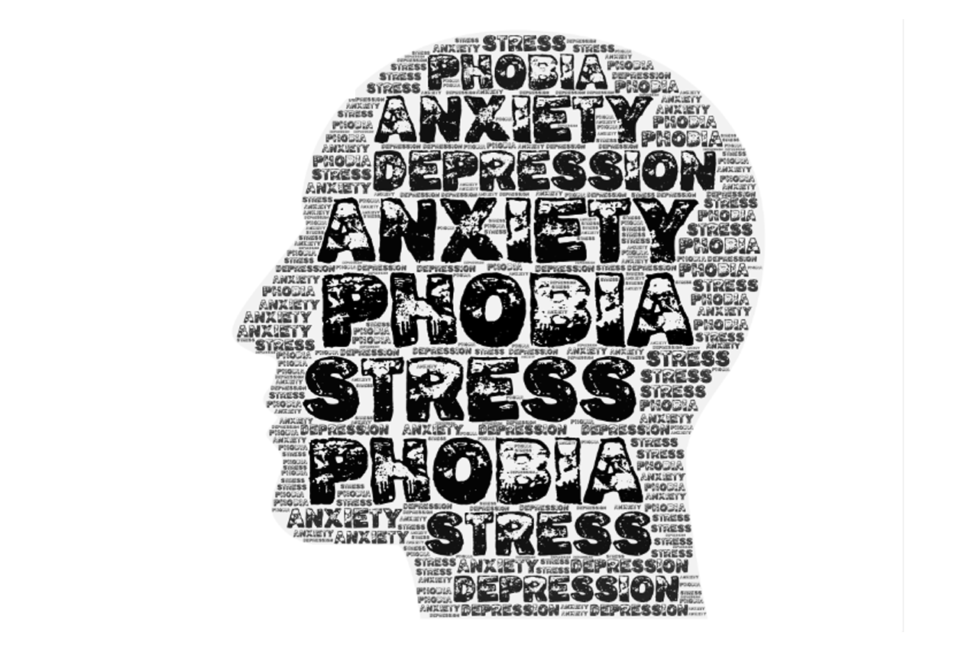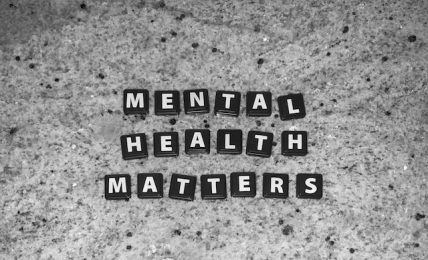A Call For Responsive Mental Health Services
The cost of mental health services is also one of the biggest complaints by consumers and would-be consumers.

The cost of mental health services is also one of the biggest complaints by consumers and would-be consumers.

I was selected by my employer, the Department of Probation and Aftercare Services, in September 2018, to attend a weeklong seminar on treatment of offenders with mental illnesses. This seminar came just a few days after my graduation with a Masters in Clinical Psychology, a feat that I was immensely proud of and mentioned to anyone within earshot. I felt self-important. I raised my hand, a lot, in the training sessions, asked many questions and answered even more. I was so full of myself. I disagreed with the facilitator a great deal: a lady of no mean repute, a proper trainer, flown all the way from Canada to train us for the week. But I felt I could have done a better job. I was an intimidating bastard, fresh from school and loaded with book facts that could stagger the best professor in psychology. Much of the haughtiness, I must say, the overconfidence, and big facts have since slid off me, devalued by time, cast to disuse.
I, for instance, found myself unable to agree with the position that, in Kenya the provision of mental health services is gravely compromised by a shortage of human resources including counsellors, clinical psychologists, psychiatric nurses, psychiatrists and so on. The facilitator did not make this up. She quoted from a 2011 paper by Prof. David Ndetei which reported among other things that in 2011 Kenya had only 30 clinical psychologists. I found it hard to believe, even from such a dated a paper. I vehemently objected, and suggested that I could, in a moment, give her more than 50 clinical psychologists from my phone contacts. I wasn’t kidding. I was in a WhatsApp group with hundreds of mental health practitioners.
This is the same problem I find with the Kenya Mental Health Policy 2015-2030. The policy suggests that one of the main barriers to providing treatment and care is shortage of psychiatrists, psychiatric nurses, psychologists and social workers. I don’t know the source of this information but it is not true. I think universities and mid-level colleges are producing more than the country is able or willing to use. For instance, the Performance Audit Report of Provision of Mental Health Services in Kenya published in 2017 reports that there were only 41 psychologists employed in the major hospitals as at 2015, yet that year alone, Kenyatta University alone graduated 119 psychologists with an undergraduate degree and above.
The problem with mental health services provision in Kenya is a money problem. The government has not allocated adequate financial resources in mental health research, invested in facilities or prioritized mental health services as a core component of public health. Allocations for mental health pales in comparison to communicable diseases. What is more, if the mental health policy is anything to go by, the government is likely to misallocate resources to train more mental health workers and community mental health workers to fill a false deficit. What the government should do is recruit the thousands of unemployed counsellors and psychologists and other mental health workers, and send them to national referral hospitals, county hospitals, health centres, health dispensaries and community facilities, as well as schools and communities where these services are direly needed.
The cost of mental health services is also one of the biggest complaints by consumers and would-be consumers. For specialized treatments such as drug rehabilitation and residential treatments at Mathari Teaching and Referral Hospital (the foremost mental institution in the country), the bed cost ranges from Kshs 65, 000 to 130,000. Similar services in major private rehabilitation centers cost well above Kshs 300,000.
A keen look shows that mental health services are similarly priced as most general medical services. In the case of these medical services; however, insurance cushions patients from the burden of out-of-pocket expenses. The National Health Insurance Fund (NHIF) covers most of the costs associated with many medical cases, from hospital charges, nursing care, laboratory and diagnostics, specialist consultations and visits, and prescription drugs. As a public health insurance scheme, NHIF should also cover psychological and psychiatric services. Kenyans should be able to access mental health services that are generally obtained outside of hospitals, including visits to psychiatrists, clinical psychologists or clinical social workers.
The policy document also recommends the establishment of a regulatory framework for mental health professionals. Nothing is more urgent than this. This regulatory framework is gravely needed to rid the practice of charlatans and all sorts or quacks purporting to offer services without requisite training, certification, and licensing. Regulation will essentially protect the clients from malpractices. This framework was envisaged by Counsellors and Psychologists Act, 2014. The Act establishes a Counsellors and Psychologists Board to be appointed by the Health Cabinet Secretary. The board has the duty to register and license counsellors and psychologists, supervise professional conduct and practice, and take necessary disciplinary measures in cases of violations. The appointment of the board is long overdue and extremely necessary if mental health professionals are to imagine themselves as crucial providers of health services.
The discipline too needs to look inwards. Practitioners will need to curate ourselves and adapt Western models to cultural methods that have been used in our societies for thousands of years to deal with mental and emotional strife. We will need to listen to the people and adapt, to keep abreast with proper and ethical practice. We should keep up with new research, new practices, and new inventions in the field, while enriching global practice through conducting research that appreciates the value of our own socio-cultural contexts.
Did You Know?
I recently had lunch at a friend’s house and one of my fellow guests pointed out that my friend’s parents looked alike. Which, you would imagine, was an odd thing to say about two people without any relation beyond marriage.
Well, not too odd. The Social Psychologist, Elliot Aronson states that some of the predictors of attraction in friendships and romantic relationships include familiarity, physical attractiveness, reciprocal liking (just knowing that someone likes you) and indeed similarity.
This includes similarity in opinion and personality, similarity in interests and experiences and similarity in appearance (as is apparently the case with my friend’s parents) and surprisingly, similarity in genetics. Yes. In a 2014 study, Christakis and Fowler analyzed about 1.5 million markers of gene variation in 2000 participants, some friends and some strangers. They found that participants shared more DNA with their friends than with strangers, to a degree that participants were as genetically similar to their average friend as they would be to someone who shared a great-great great grandparent.
So, if you ever felt such fondness for a friend that you thought of them as being almost like a brother or a sister to you, you might just be right.



1 Comment

Great read Mr Mwenda, very informative and thought provoking piece. Perhaps giving mental health much more focus will help society deal with the pressing social ills and crimes that plague us on every wake.